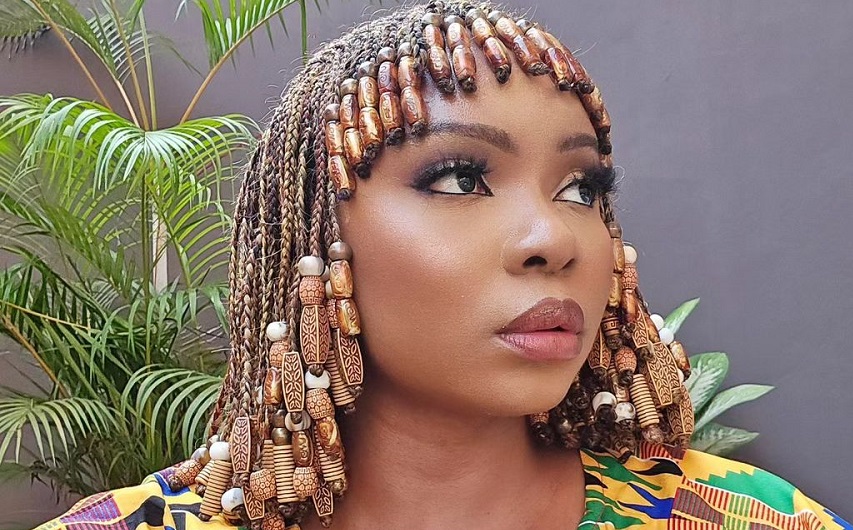It is laughable that in 2025 some people from other countries still want to rob Ghana off the credit for birthing highlife music.
An interview that Nigerian artiste Yemi Alade had with CNN’s Larry Madowo about three months ago has goaded me to write this piece.
A comment Yemi made in that interview with CNN’s Larry Madowo, claiming highlife did not originate only in Ghana but also in Nigeria, reeks of ignorance if not for ill agenda.
While talking about how successful her song ‘Johnny’ was, Larry Madowo made reference to the highlife elements in that song, crediting the genre’s origin to Ghana.
Obviously unenthused about that, Yemi Alade retorted: “you said first of all that highlife is originally Ghanaian? We have to talk about that. I grew up at a time in Nigeria when highlife was a big deal. And as far as I know, Nigeria, Ghana etc we have already been connected via music and everything so I feel like it originated in both Nigeria and Ghana.”
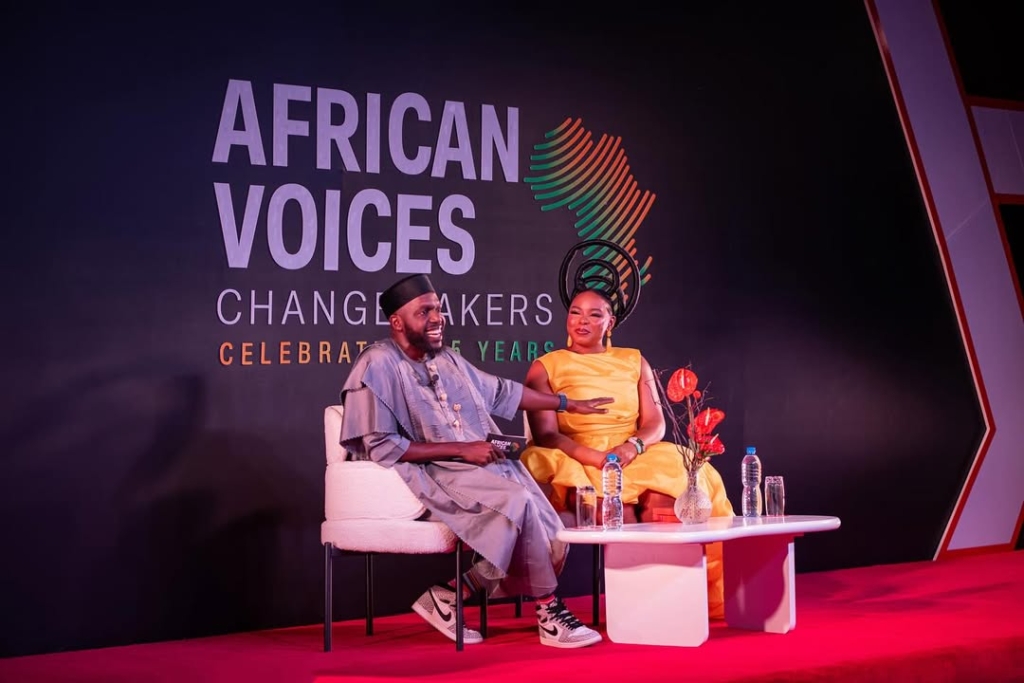
On the SAY IT LOUD segment on Showbiz A-Z aired on Saturday, February 15, 2025, I highlighted some historical facts about when highlife started in Ghana and when it got to Nigeria. Maybe Yemi Alade hasn’t learnt her history well. For someone born in 1989, maybe she thought highlife started around the time she claims “highlife was a big deal” in Nigeria.
This is not the first time citizens of other countries have tried to claim ownership of highlife. Some Liberians have also tried but to no avail.
Ghanaian ethnomusicologist Professor John Collins has spoken about how he had to school some Nigerians who made same claim during a conference in Nigeria, years ago.
Evidence that highlife, an evolved version of indigenous Ghanaian sounds Osibisaba and Adaha which emerged in the early 1920s, is of Ghanaian origin abound. Highlife got to Nigeria around 1937. In Professor John Collins’ book Highlife Time 3, he writes in Chapter 47: “Nigeria is now a major centre for highlife. However, the music was introduced to the country from Ghana in variety of ways. At first, through the diffusion of the kokomba highlife, and 1937 Nigerian tour of the Cape Coast Sugar Babies Orchestra. Later came the 1950s records EK Nyame and Onyina’s guitar band and most importantly the early 50s tours of the Ghanaian Tempos band.”
The book also reveals that the jazzy style of highlife of ET Mensah’s dance band was copied by most Nigerian band leaders like Victor Olaiya, Bobby Benson, Rex Lawson and EC Arinze, who had earlier been playing versions of calypso and rumba.
This was way before the likes of Abirekyireba Kofi Sammy, King Bruce, Jerry Hansen, Nana Kwame Ampadu and others went to Nigeria to ply their highlife trades.
The Kumasi Trio led by Jacob Sam (Kwame Asare) recorded the first Ghanaian highlife song, ‘Yaa Amponsah’, as early as 1928 when highlife had not gotten to Nigerian yet. The song was recorded in London on the Zonophone label.
It will be wrong to say Ghana is the only country that performs highlife. Countries like Liberia, Sierra Leone and Nigeria also do highlife. However, the fact that highlife originated from Ghana is incontrovertible.
Last year, I had an interview with Professor John Collins on Joy FM‘s Showbiz A-Z about claims by some Liberians that because the Kru sailors from Liberia taught some of our Ghanaian musicians the two finger picking technique of the guitar playing, they started highlife.
In his response, he said: “it [Liberian guitar style] wasn’t highlife. The Kru people did develop distinct ways of playing the guitar on the high seas in the 19th century. Krus were recruited on board a lot of sailing ships by the Europeans and Americans. So they picked up the guitar but they didn’t use the Spanish way of picking the strings. They used the typical African one like how King Ayisoba or other Africans play the lute. It’s a two finger technique; and that’s what the Kru people spread down the African coast but it wasn’t highlife.”
According to him, this guitar-playing style was just a single element of highlife which in Ghana was absorbed into a music type called ‘osibisaba.’ In Sierra Leone they fused it into the Maringa style, while in Nigeria it found a place in juju and native blues.
“So we say that the Kru people didn’t invent highlife but they created a very important ingredient of highlife which is a specific way of playing a guitar. They introduced it to Ghana around about the 1900s, but when the Ghanaians got hold of this style, they also developed their owns styles such as Yaa Amponsah, Odonson and so on. So this is what happened. It is not that the Liberians invented highlife,” Professor John Collins added.
He further noted that because in those days there were no colonial borders, the fisher folk moved between countries so there was a lot of ethnic blending going on in West Africa. The Kru people would settle in Ghana around the Light House in Accra, or Ghanaians would go to Nigeria and vice versa.
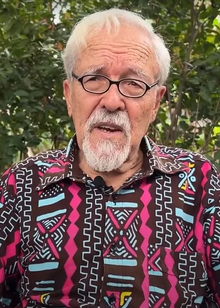
Famed Nigeria actor Pete Edochie is on record to have acknowledged Ghana as the sole originator of highlife.
“All this music originated from Ghana. Why? In Nigeria, the popular genre of music was highlife. Where did highlife come from? Ghana! This is where it originated!” he said a video.
Ghanaians discovered highlife. We named it and sold it to the world. Ghana’s Highlife spread to other West African countries through tours and trade. Ghanaians took highlife to Nigeria. Some Nigerians even came to Ghana to learn our sounds. Fela Kuti spent time in Ghana learning about our highlife music, developing it into Afrobeat.
In his biography titled ‘Fela: This Bitch of a Life’, he writes that one day while in a club in Accra, he thought about how to bring out something different other than what James Brown did.
“I must clear myself from this mess. I must identify myself with Africa. Then I’ll have an identity,” he writes.
He added that there was a Ghanaian-Nigerian friend, called Raymond Aziz, sitting by him on that day at the club. He asked him: “Raymond, you see that my music? I must give it a name oo, a real African name that is catchy. I’ve been looking for names to give it. And I’ve been thinking of calling it Afrobeat.”
After Raymond endorsed the name, he flew with it.
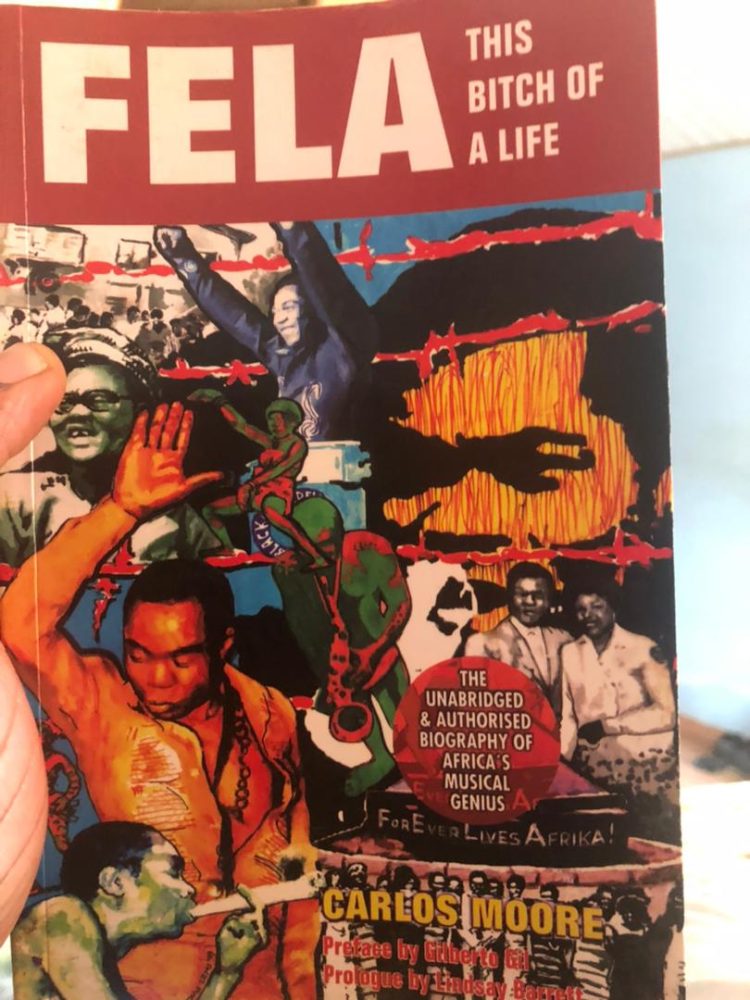
Ghana has been the fulcrum of Africa’s music but we always lose out on things spawned from our country. This is why an Afrobeats documentary by a Nigerian will not acknowledge that the word ‘Afrobeats’ (with the “s”) was first used by a Ghanaian DJ in the United Kingdom called DJ Abrantie.
On July 5, 2022, one of Nigeria’s top music journalists, Joey Akan, confirmed on X (then Twitter): “Fela Kuti’s Afrobeat was coined in Ghana. Our generation’s Afrobeat was coined by a Ghanaian.”
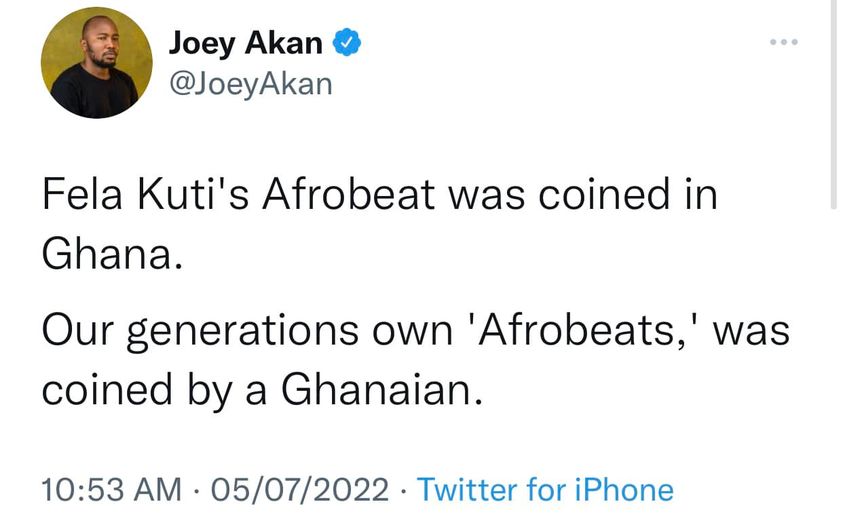
While a lot of us admire the proactive and smart nature of Nigerians, it has always been unfair on the part of some of them to arrogate to themselves creations that are not theirs, just like Yemi Alade and some of her ilk are trying to do with the highlife story.
Nigeria wants to claim everything we started to the extent that they now claim they own Detty December, too.
But I know where Yemi Alade is headed with her claim. They are doing this so that United Nations Educational, Scientific and Cultural Organisation (UNESCO) will co-list Ghana and Nigeria as originator of highlife.
I am reliably informed that some Nigerians are making moves to petition UNESCO to be made co-owners of the highlife genre. This should not happen. We can’t change history. We will not do that! Nigeria never originated highlife. Not even Liberia whose Kru sailors spread the two finger picking technique to Ghana and other West African countries.
The Ghana Culture Forum, the National Folklore Board, Ghana’s Commission on UNESCO, Musicians Union of Ghana (MUSIGA) and Ghana Music Alliance should not let this slide. This agenda should not be allowed to thrive.
I understand the necessary documentation for the listing process as requested by UNESCO has been submitted. Hopefully, it gets listed this year.
Highlife originated in Ghana by Ghanaians; any other country that also performs the genre, copied from Ghana.
About the author
Kwame Dadzie is an arts and culture journalist at The Multimedia Group and host of Showbiz A-Z on Joy FM, the most authoritative entertainment talk show in Ghana.
DISCLAIMER: The Views, Comments, Opinions, Contributions and Statements made by Readers and Contributors on this platform do not necessarily represent the views or policy of Multimedia Group Limited.
